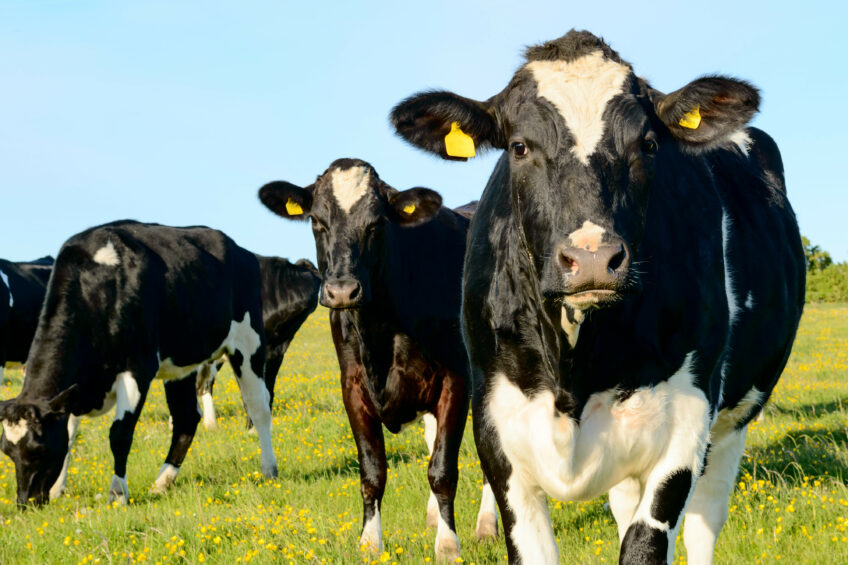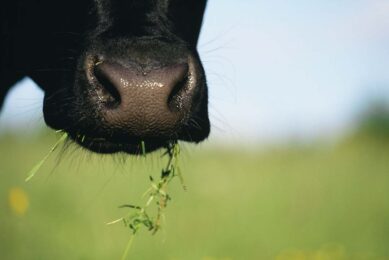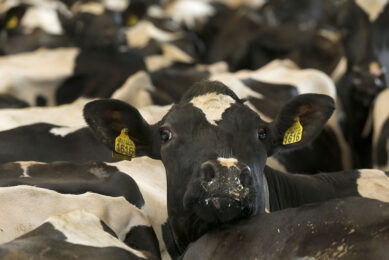How to train our farm managers

At the AERES University in Dronten in the Netherlands, where I work, we train our students in large scale dairy farming around the world. This is because there is a strong demand for good skilled managers all around the world. In fact, getting the right people is one of the biggest headaches for human resource managers.
So how do you motivate labour workers on a farm? Reality shows that this is a difficult task, as seen in China, for example, where large scale farms are being built with over 10,000 cows. Different managers are hired from the US to work on these farms. But what do we see? After 2 years they are burned out and returning to their home country. This is not only seen in China. How to handle this? It is these issues that my students and I often discuss with farmers and farm managers.

Dealing with cultural differences
One of the most important things with these practical problems is how to deal with cultural differences in different countries. Of course, a farm manager from abroad cannot change habits and cultures when he or she is hired to do the job. The only right way to handle these differences is to acknowledge the differences and accept them. In doing so, the chances that workers stay motivated are bigger.
Do workers benefit from farm profit?
As a foreign farm manager you should also ask yourself: do workers benefit from the farm profit for example? To be able to put this in practice, a good farm management system with reliable key figures is needed. The farm manager needs to know which data and results are key in the overall performance of the farm. This not only entails technical data, but also economic data.
Challenges of data
But working with data also comes with challenges. Are workers able to combine different data? Extreme low feed costs for example often leads to extra veterinarian costs. These issues have to be translated to workable action points, which can be measured.
Secondly, workers need to be aware of the farm goals, as formulated by the farmer or farm manager. And farm goals do not necessarily mean: making as much money as possible. In the United Arab Emirates for example the main goal can be to be independent of imported food, bearing in mind the policy of Qatar at the moment. Another goal of an owner can be to be the leader in milk production per cow in his or her country.
Farm owners’ goals need to be clear
Last November we were visiting Estonia with a group of 31 students. We did some try-outs of the above described tools. I was positively surprised by the results, as were our partners from Eesti Maaülikool University. Lessons learned were that the goals of farm owners need to be clear. You need a good support system with reliable data, translated into financial economic data. If you make sure farm workers are part of this, motivation of your staff can be boosted.
Join 13,000+ subscribers
Subscribe to our newsletter to stay updated about all the need-to-know content in the dairy sector, two times a week.
 Beheer
Beheer









 WP Admin
WP Admin  Bewerk bericht
Bewerk bericht